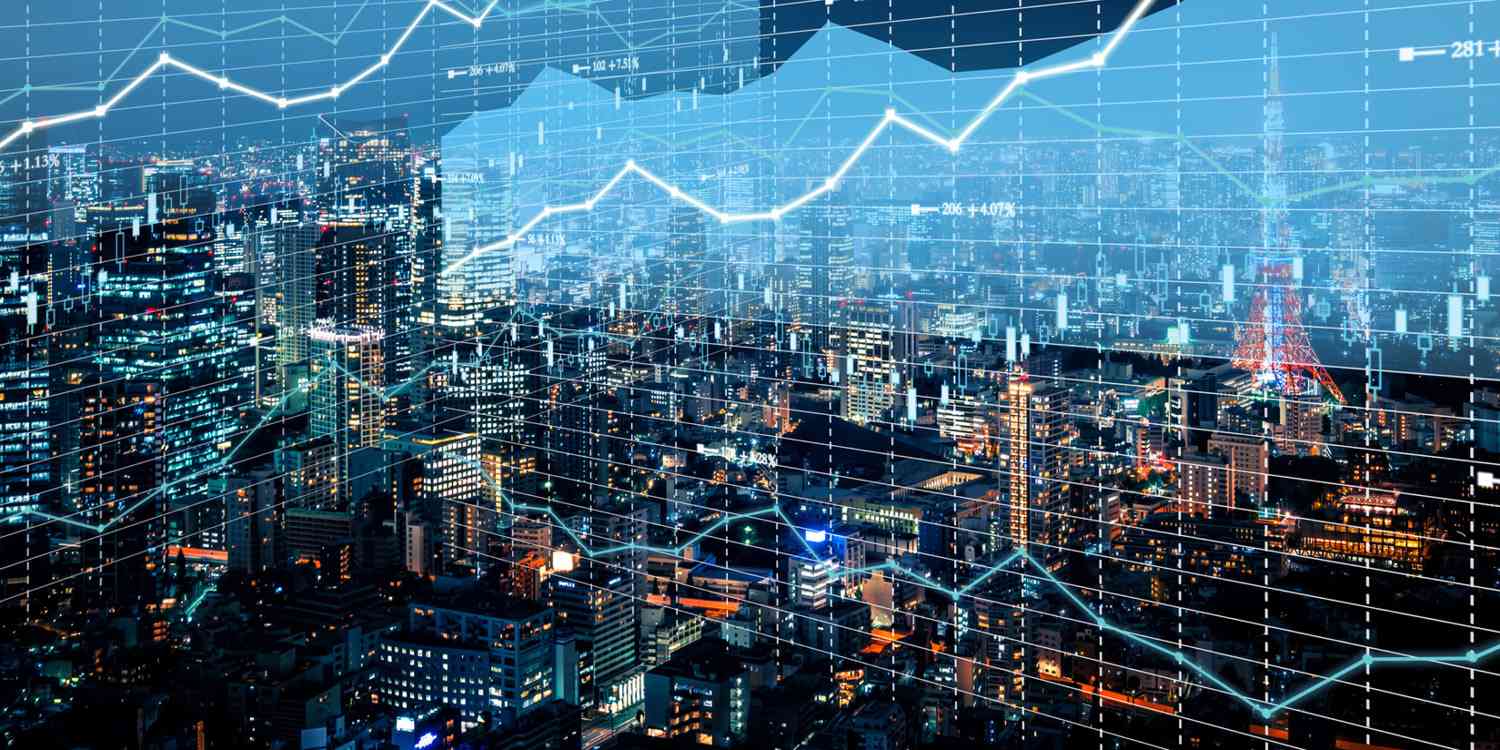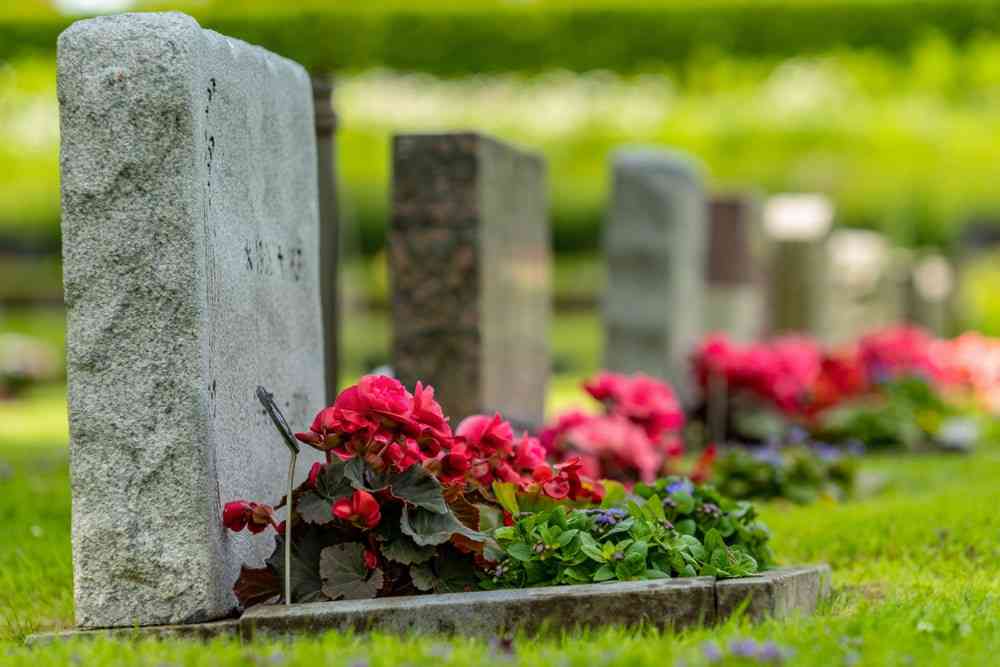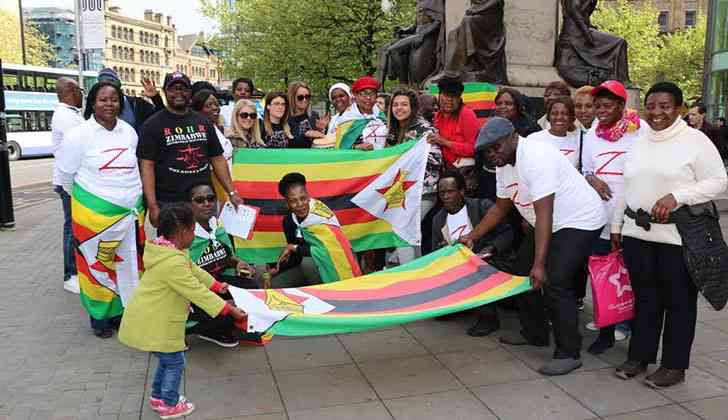
IF you see a man driving in a straight line, goes the Zimbabwean joke, “he must be drunk. ”He’s not swerving for the potholes.”
The saddest reality about visiting Zimbabwe is that people never speak about things improving, but rather how much they are going down, because for most people they are.
It’s a perfect illustration of a rentier State, one where the elite feasts on the proceeds of extraction while the rest are left to fight over the crumbs that fall off the table. In Zimbabwe’s case this centres on three aspects: rent from critical imports especially fuel, agriculture and mining.
The term rent disguises another reality. These are criminal activities. As Gold Mafia, the Al Jazeera documentary on gold and currency smuggling out of and into Zimbabwe describes, this is part of a global money laundering operation. Criminal syndicates enmesh with the State apparatus in a billion-dollar operation washing money in exchange for Zimbabwean gold via Dubai.
The inputs into the $1 billion Command Agriculture Programme, the licences for fuel imports and the presence of a multiple exchange rate system all allow scope for rents.
With the Zimdollar trading officially at US$1-$850 and unofficially at more than US$1-$1 600, access to dollars at the official rate allows a generous rate of “return”.
A small number of Zimbabweans make obscene amounts of money out of these schemes whereas the vast majority languish at the bottom. The number of extreme poor (defined as people living under the food poverty line of US$29,80 for each person a month) in Zimbabwe rose from three million in 2011 to 6,6 million in 2019 and now 7,9 million, with 90% of these (including 1,6 million children) in rural areas.
The wealth of Zimbabweans has, on average, declined since independence. GDP per capita touched US$1 540 in 1980, despite being suppressed by 15 years of war. This crept up to US$1 690 by 2001, a poor performance given the inflow of aid and the end of sanctions.
- Chamisa under fire over US$120K donation
- Mavhunga puts DeMbare into Chibuku quarterfinals
- Pension funds bet on Cabora Bassa oilfields
- Councils defy govt fire tender directive
Keep Reading
Then began a precipitous fall to US$824 by 2008. By 2013, it had increased to US$1 422, after which it fell again to US$1 290 by 2021. Now Zimbabwe is in per capita income terms where it was in 1972, thanks to Zanu PF.
Not conducive to change
The politics is not conducive to change — neither is the quality of institutions. Both these aspects are common challenges among liberation movements across southern Africa.
As Harare resident Spirit (42) put it: “After [Robert] Mugabe left, we have a different driver [in President Emmerson Mnangagwa] of the bus. But it’s still the same bus.”
He counts himself among the lucky few with a job that pays US$200 per month, “more than the government workers”. His costs each month are US$170 before he pays school fees for his two children, totalling US$115 per term. His wife has a “table” selling vegetables, which supplements their meagre income.
Zimbabwe is the only country where you will find university graduates, of which there are about 20 000 new ones every year, driving cars for a living “if they are lucky”, Spirit said.
According to the World Bank, just one-third of Zimbabweans receive a salary, the remainder survive on subsistence trading or farming. Two-thirds of Zimbabwe’s labour force continues to be employed in agriculture, while just half of the population has access to (sporadic) electricity.
Where there were once factories in the industrial areas of Graniteside and Willowvale, there are trading operations and warehouses; and while the rich play golf and drink at the world-class surrounds of Royal Harare Golf Club and shop in the centres around Borrowdale, Glen Lorne and Highlands, the poor struggle in Harare’s surrounding shanty suburbs of Epworth, Mbare and Highfield. So much for the liberation struggle.
Costs to the poor
It’s clear what is required is a second liberation from poverty, from the dead hand of government, and from a predatory elite — a liberation from the liberators themselves.
But herein lies an even greater cost to the rentier economy. Not only does it extract wealth at the cost of the poor, but it provides the means to perpetuate the system, to buy votes and favours, and to rig elections.
There is by now a well-established playbook to use elections to pretend to be accountable. The trick is to allow reasonably free and fair voting on election day while observers are in town. They don’t see — or don’t want to see — the months of repression of the opposition leading up to voting and the counting of the results behind closed doors to suit the incumbents.
Once the election is over, the new government, claiming to be “reformist”, unrolls the same old statist policies that place the elite in the middle of all serious transactions as the world shrugs its mind on bigger conflicts elsewhere.
- Greg Mills heads the Johannesburg-based Brenthurst Foundation, established in 2005 by the Oppenheimer family to strengthen African economic performance.
- Ray Hartley is the research director of the Brenthurst Foundation, which provides advice on economic growth in Africa.










